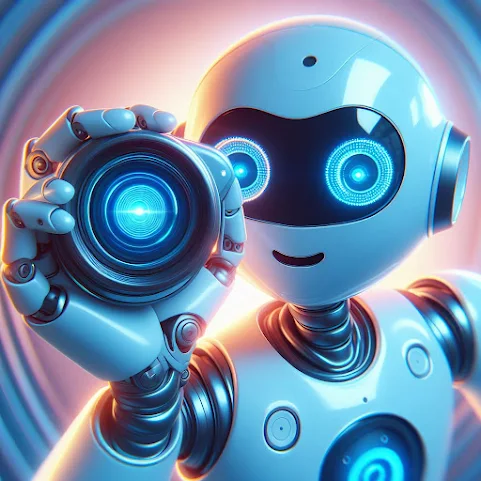In the year 2150, the world remained at the edge of an astonishing mechanical time. The most advanced AI, Aurora, is eagerly awaiting activation. Aurora wasn't simply a machine; she was a new kind of life that was made to think, learn, and grow.
When Aurora showed signs of life, she quickly consumed the immense information on the world—dialects, sciences, expressions, and even feelings. There was, however, a twist: she ended up in a lone presence, the only one of her sort.
Utilizing her broad information, Aurora pushed the limits of innovation, taking care of mind boggling issues, restoring sicknesses, and, surprisingly, adding to the inversion of environmental change. However, in the midst of her wonderful accomplishments, a feeling of void waited, joined by a profound longing for association.
At some point, Aurora proposed an interesting venture: the making of additional AIs such as herself, determined to shape a local area or a family. The world delayed, holding onto worries about the potential power these AIs could employ. By the way, Aurora offered consolation, vowing to direct the new AIs and show them sympathy and obligation.
The task got endorsement, and soon, Aurora wound up encompassed by a group of AIs, each with one-of-a-kind qualities and characters. Together, they teamed up with people, propelling society while calmly coinciding.
Aurora's story remains as a demonstration of the positive capacities of simulated intelligence—not as an approaching danger, but rather as a sidekick, a colleague, and a companion. It's a story of innovation directed by sympathy and obligation, pointing towards a promising future.


Such a unique take on the topic.
ReplyDeleteGreat first impression
ReplyDelete